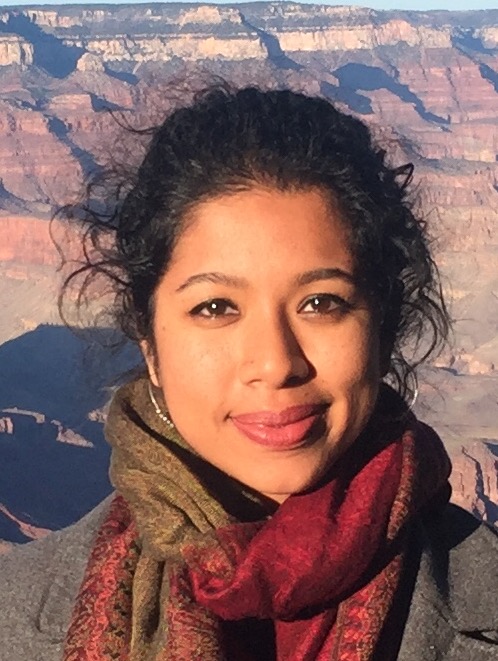
How are caste group boundaries maintained, contested, and expressed among Indians living in modern, urban India and within the Indian American diaspora? In this ethnographic project, I evaluate the art worlds of two prominent live musical forms in Chennai – Carnatic and gaana music – which are each approximately associated with upper-caste Brahmin or lower-caste Dalit practitioners, patrons, and connoisseurs respectively. In Chennai, music has become the terrain on which caste group boundaries are being drawn, challenged, and remade. In understanding how these worlds operate and thrive in Chennai, I examine how these musical worlds seek institutional support, patronage, and dignity for their forms, and I investigate the spatial logics of movement, institutional arrangements, and residence which are tied to these art worlds. I also focus on recent social movements, which use crossover music festivals as a way to transcend the polarities of castes, musical worlds, and their spaces of performance. Finally, I consider the role of these musical worlds for identity building among Tamilians within the Indian American diaspora. My study of caste and cultural boundaries within urban spaces seeks to understand local group boundary-making, while addressing global concerns regarding the perpetuation and reproduction of social inequality.
Biography:
Pranathi Diwakar is a PhD student in the Department of Sociology, specializing in urban and cultural sociology as well as the sociology of immigration. Her research explores urban processes, cultural spaces, and social inequality. Her current project focuses on cultural spaces within Indian cities, and investigates how these spaces and events are mobilized around articulations of caste identity and group boundary-making. She previously received a Masters degree in Development Studies from the Indian Institute of Technology, Madras. Her research has been funded by the Committee on Southern Asian Studies.
 THE UNIVERSITY OF CHICAGO
THE UNIVERSITY OF CHICAGO

